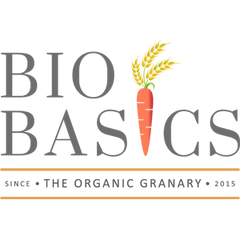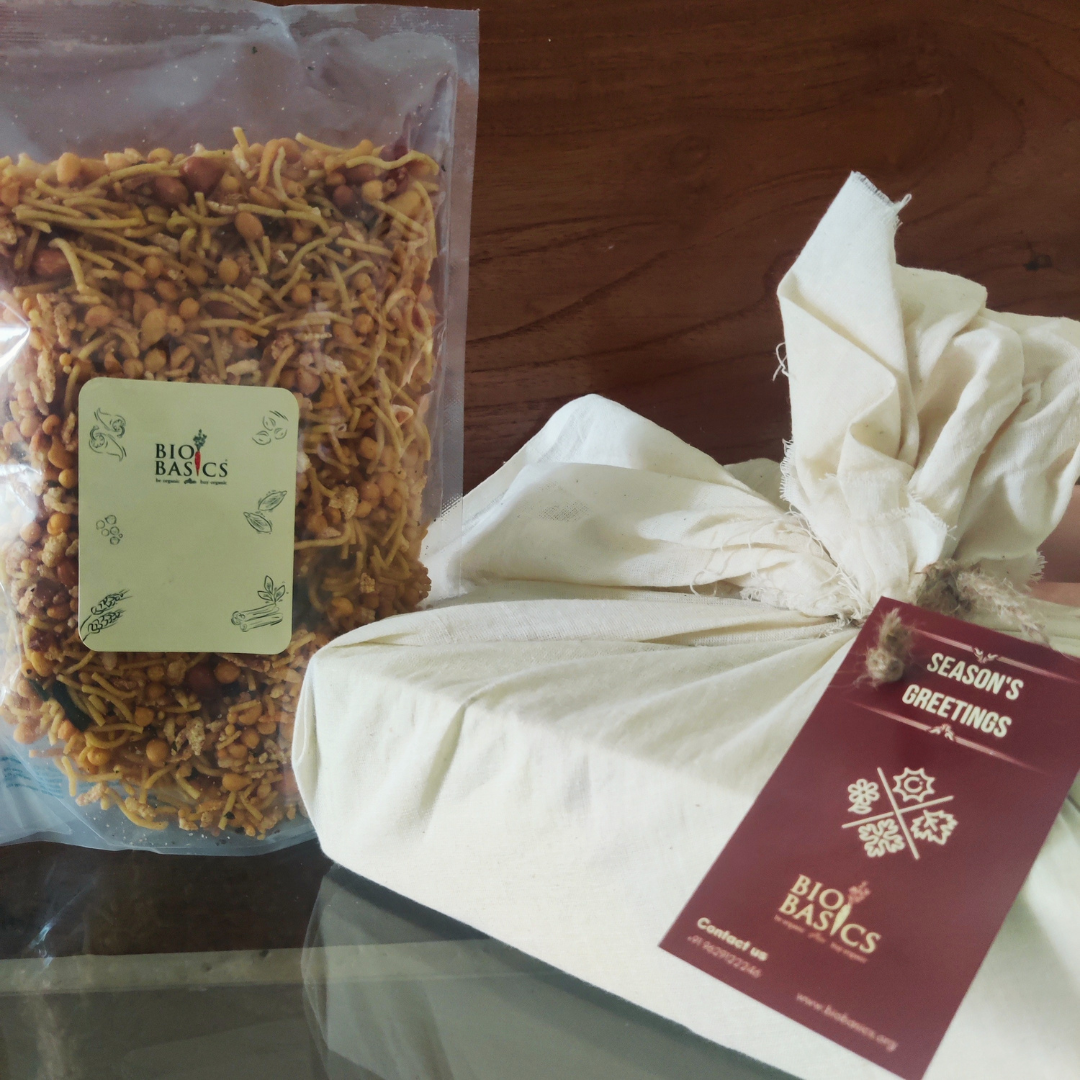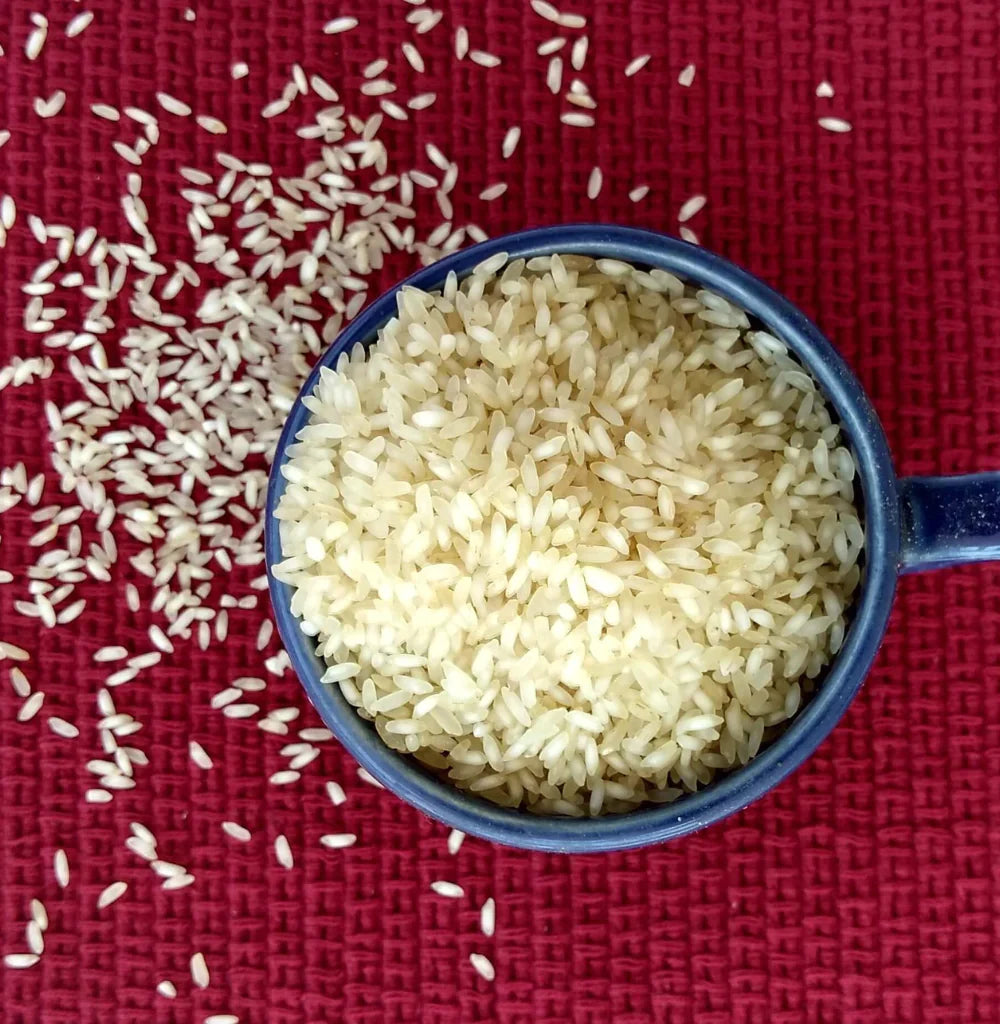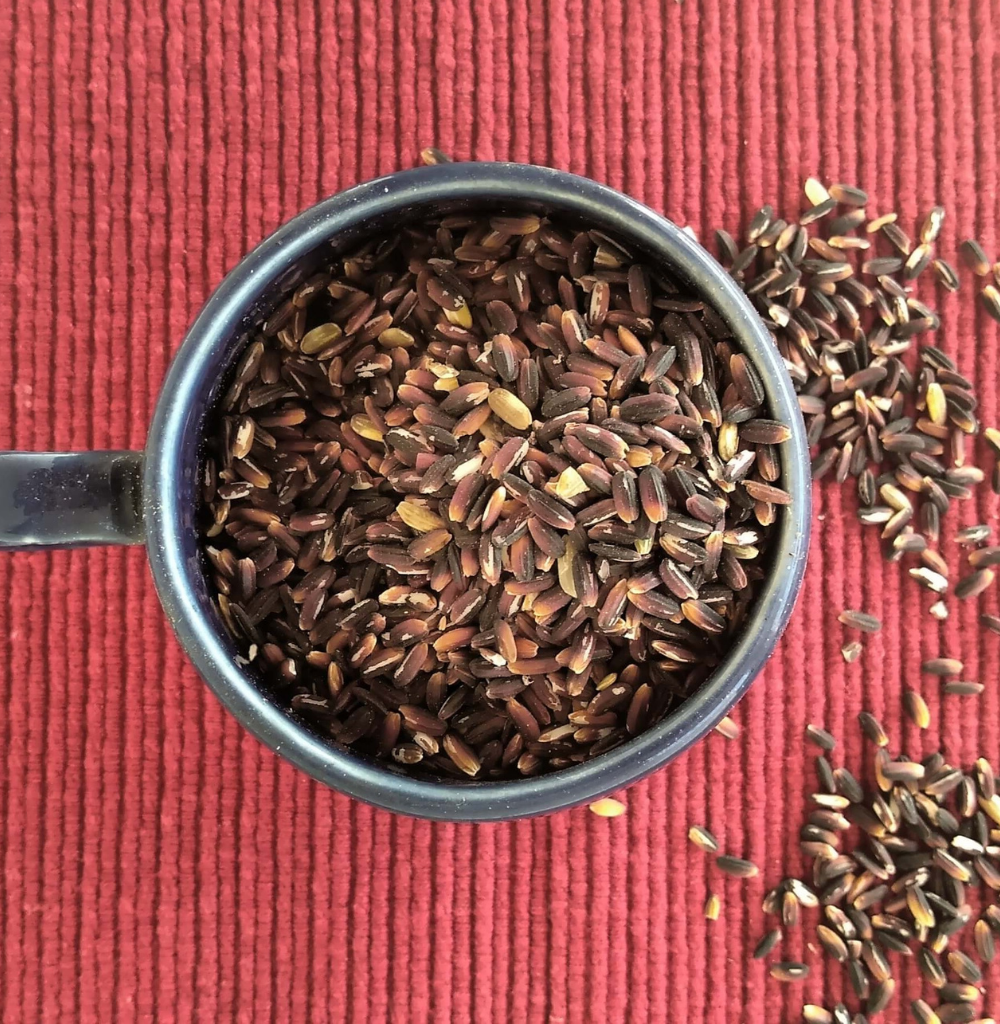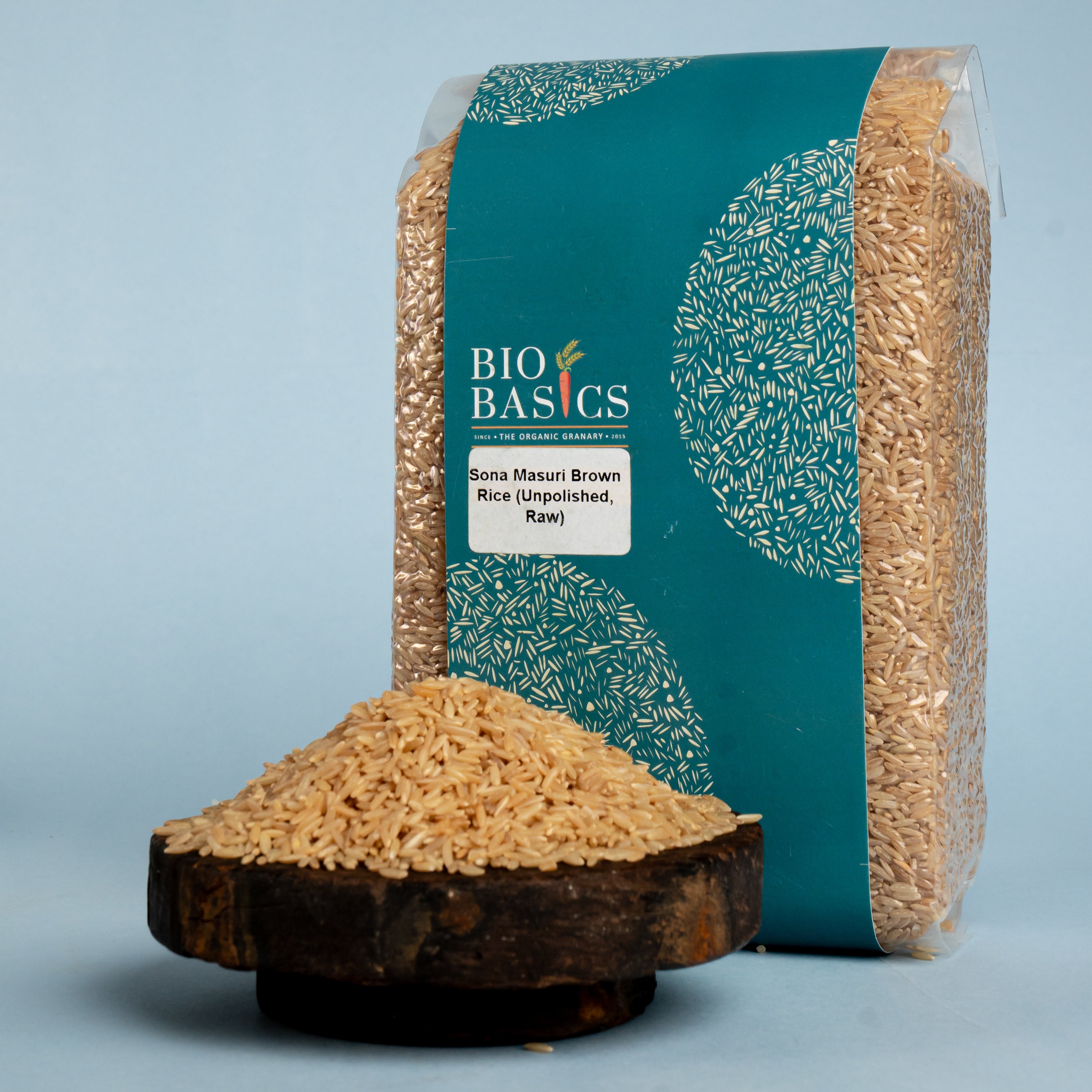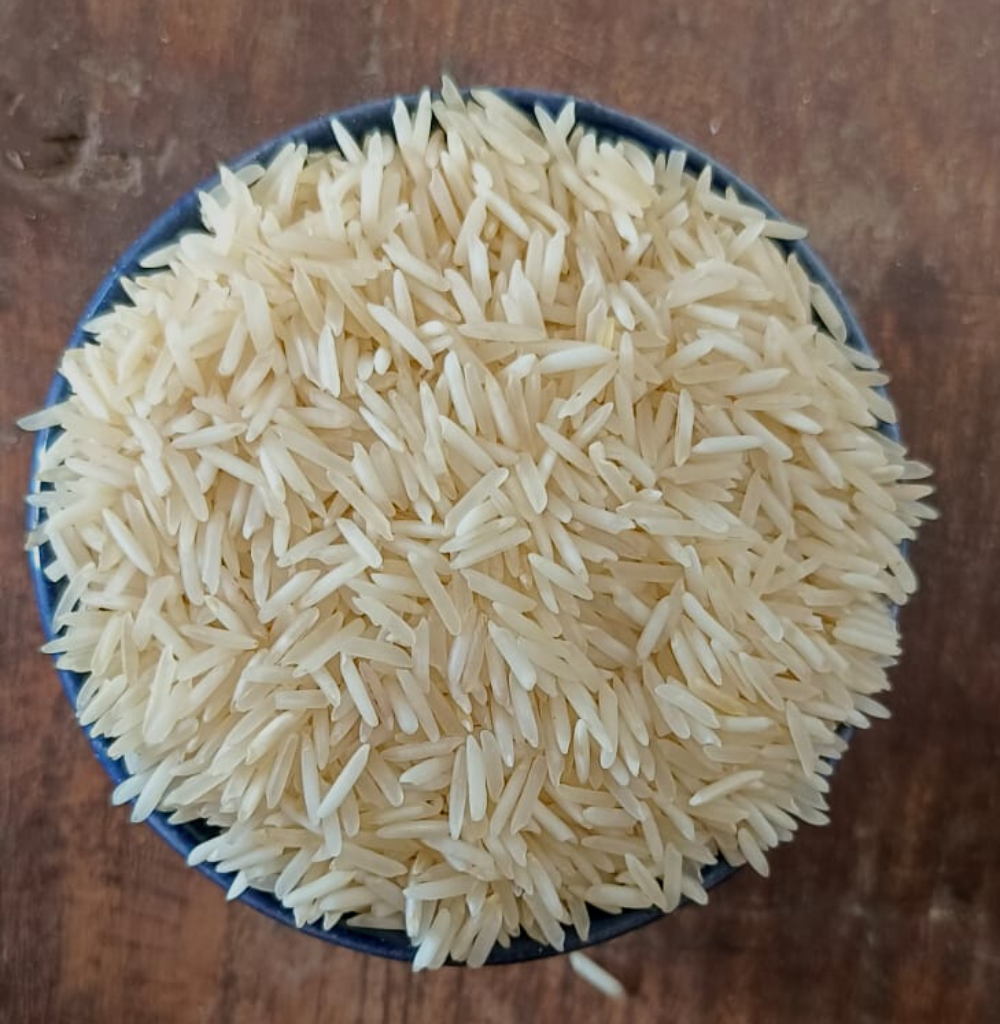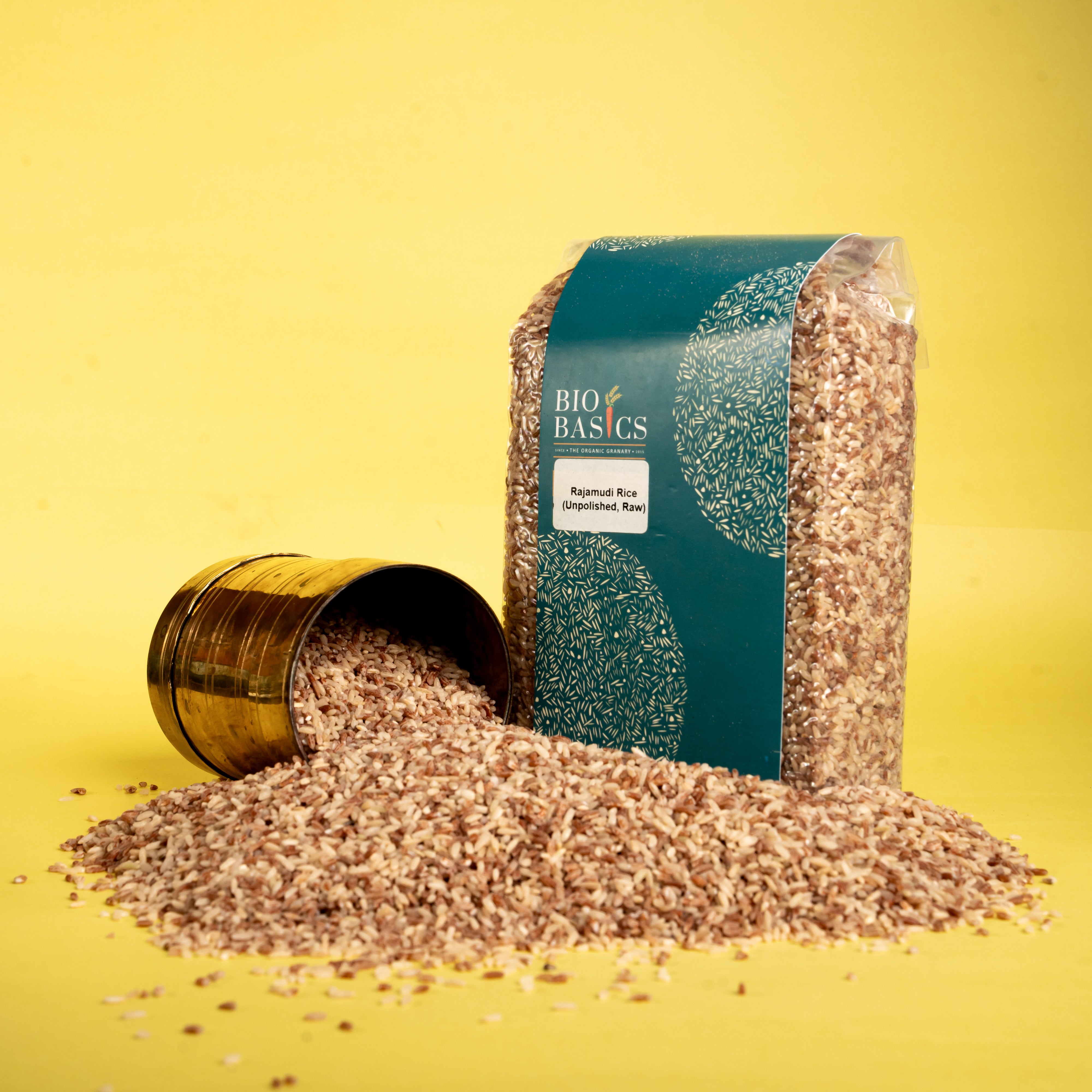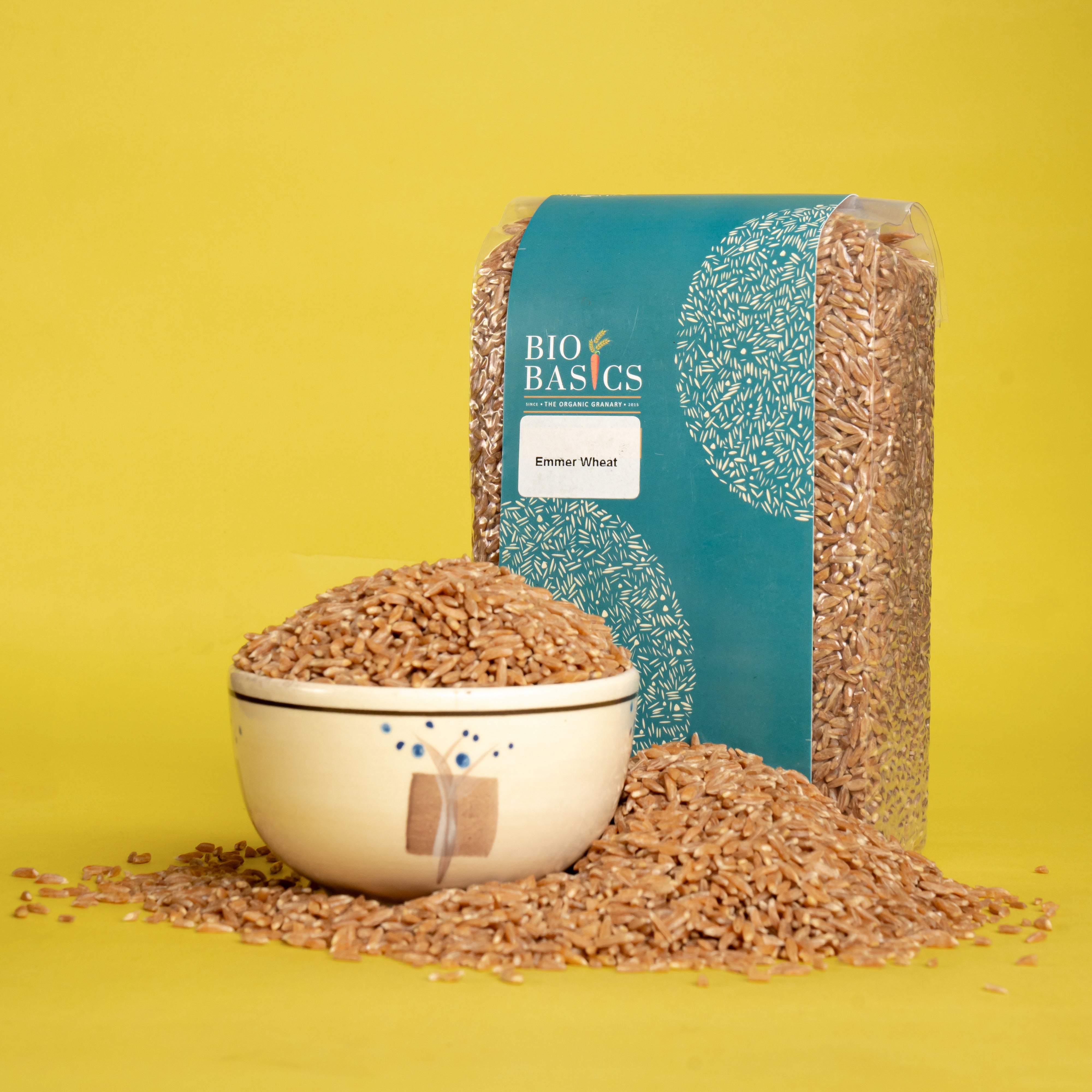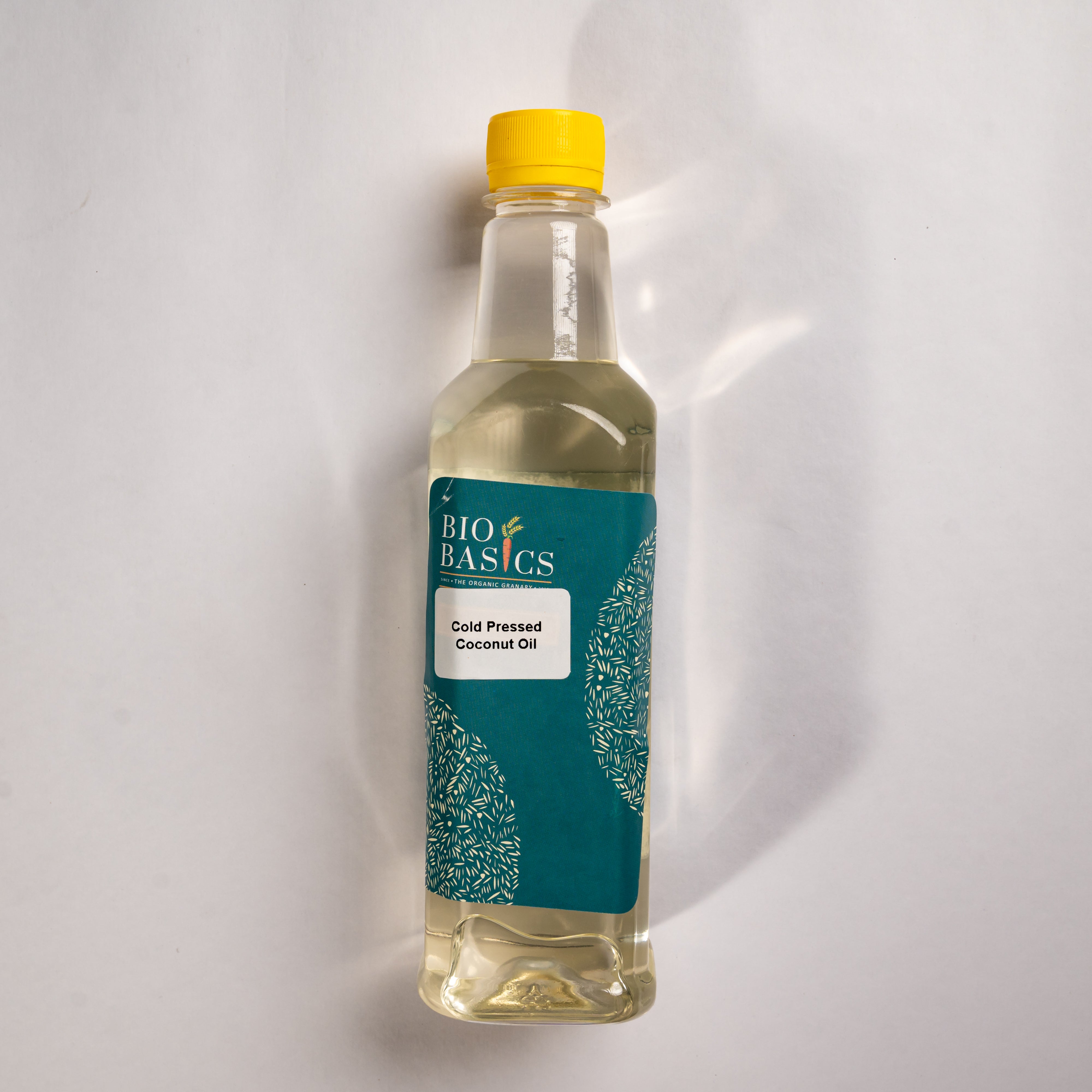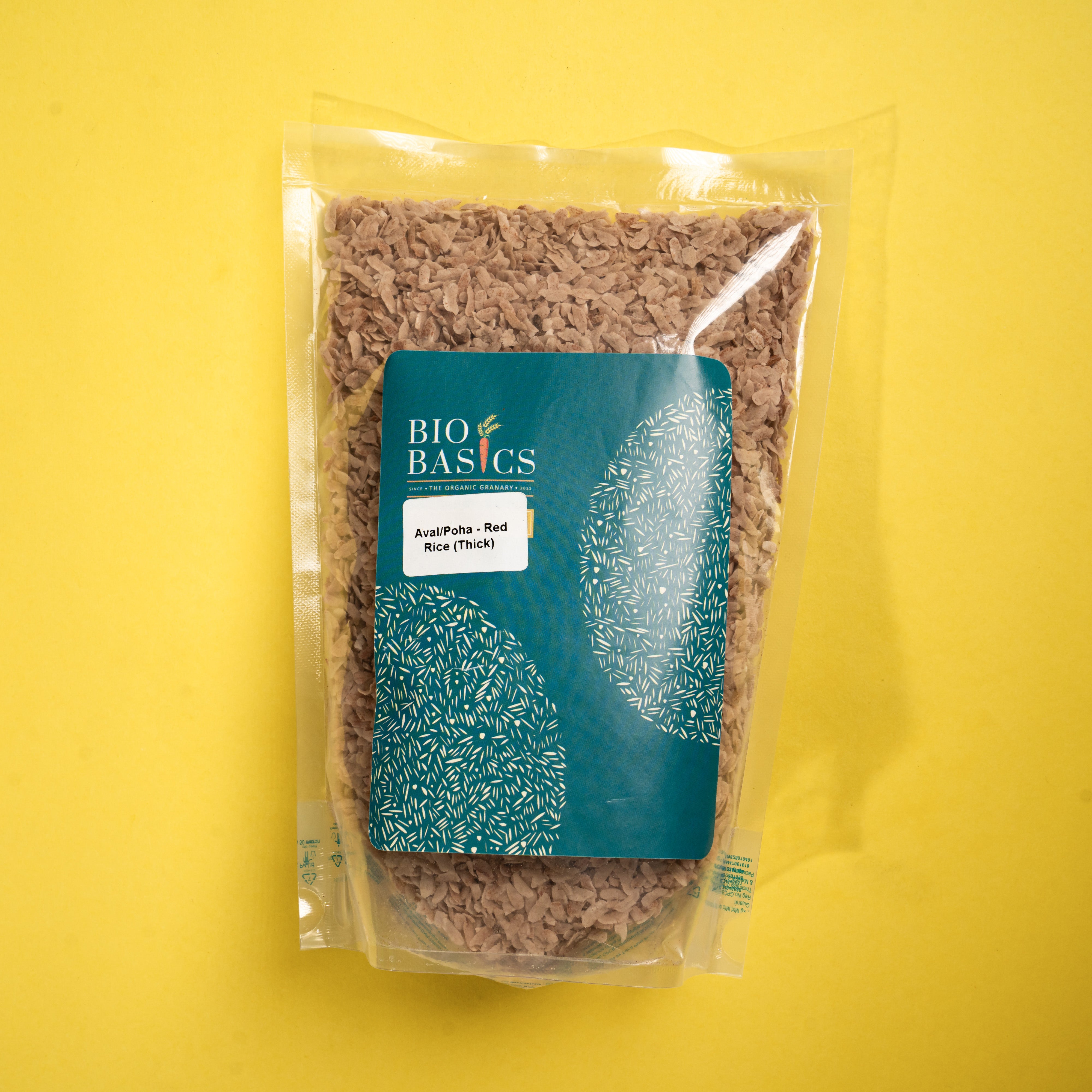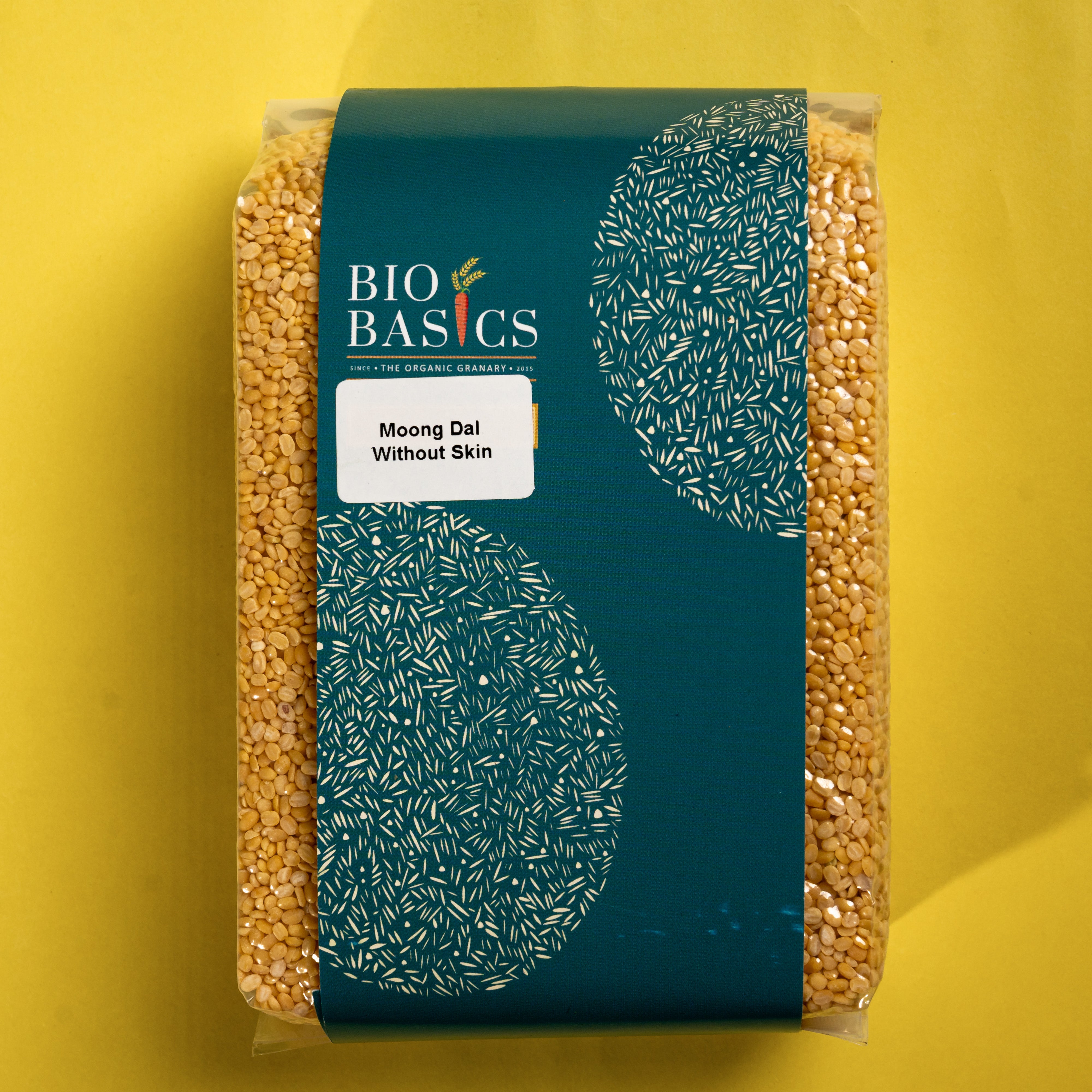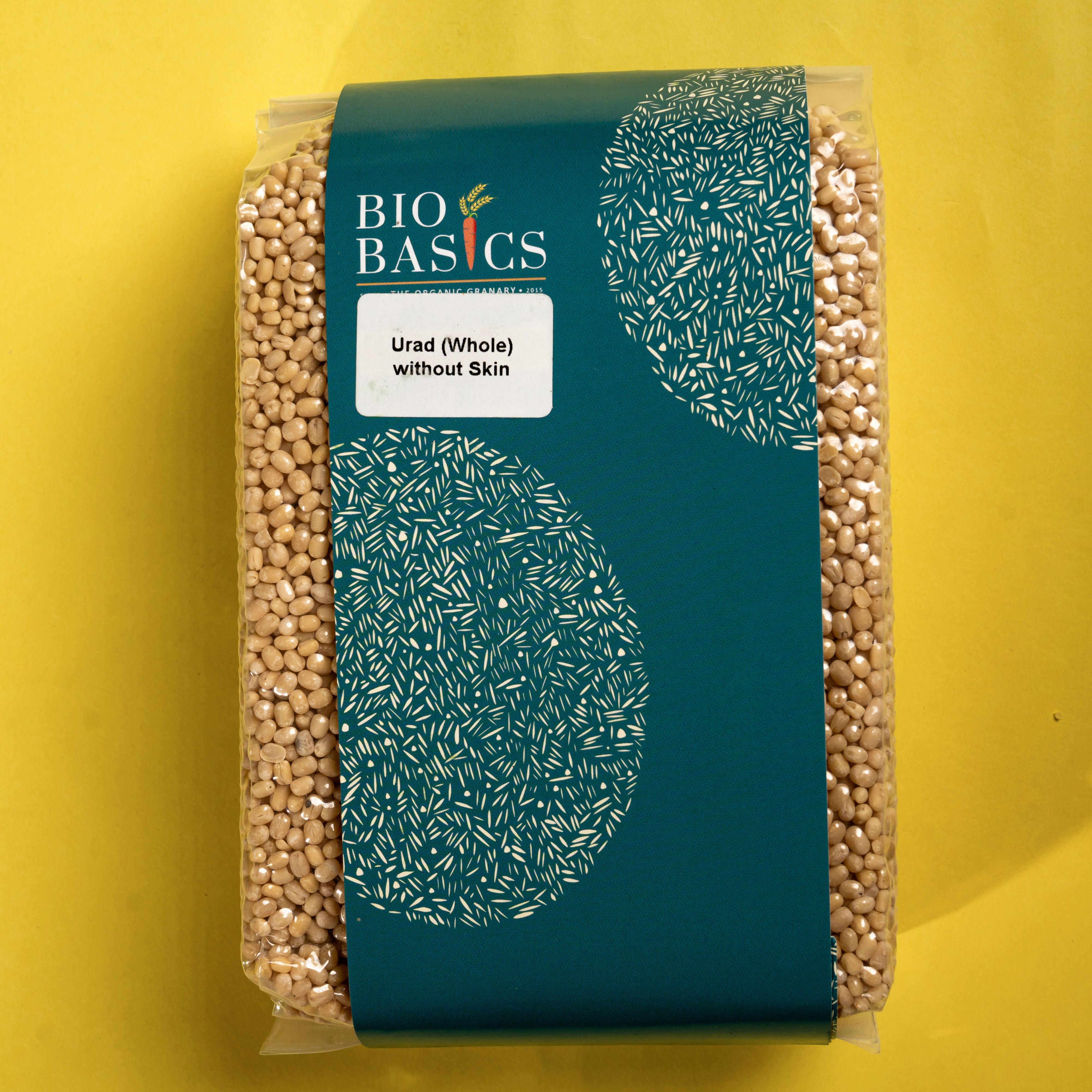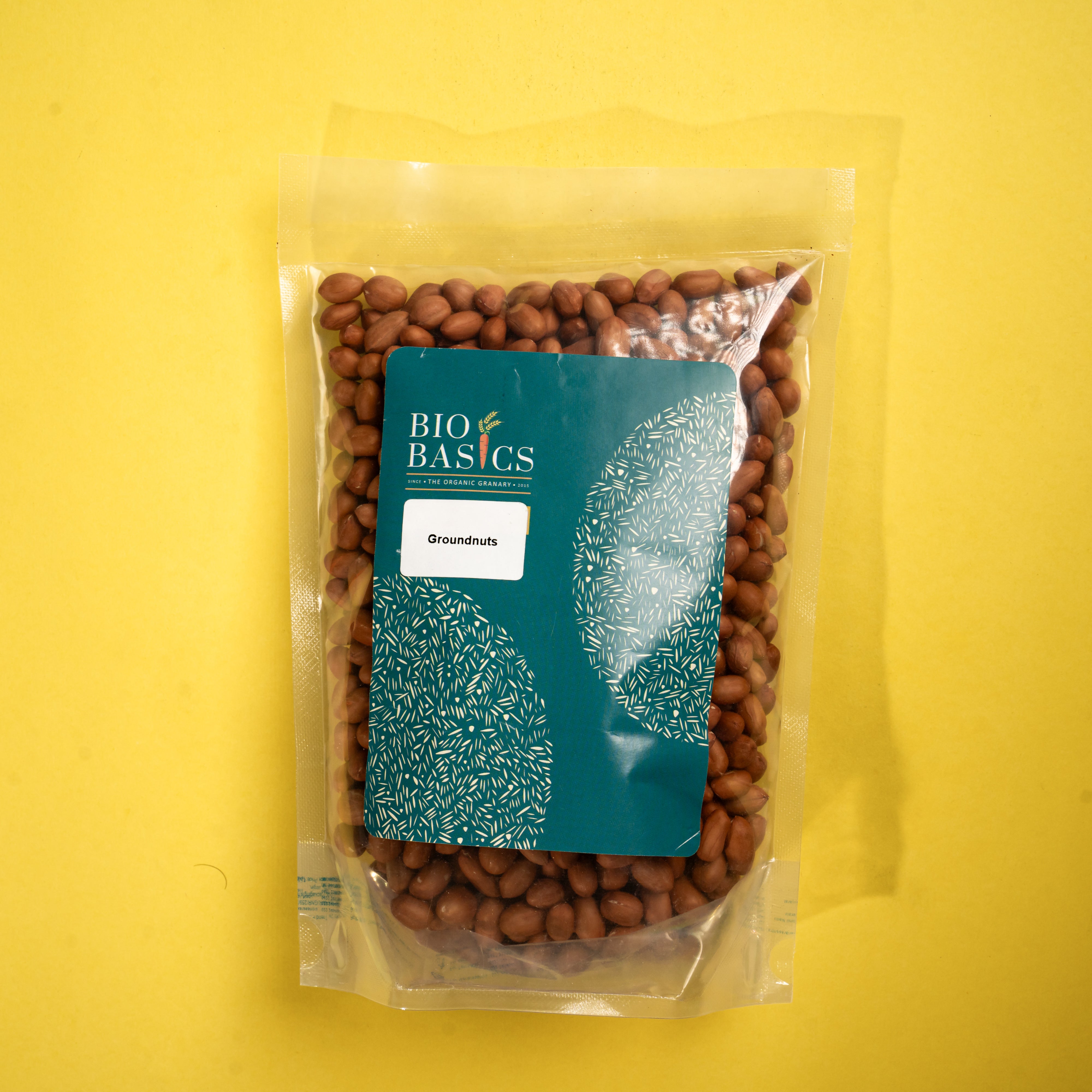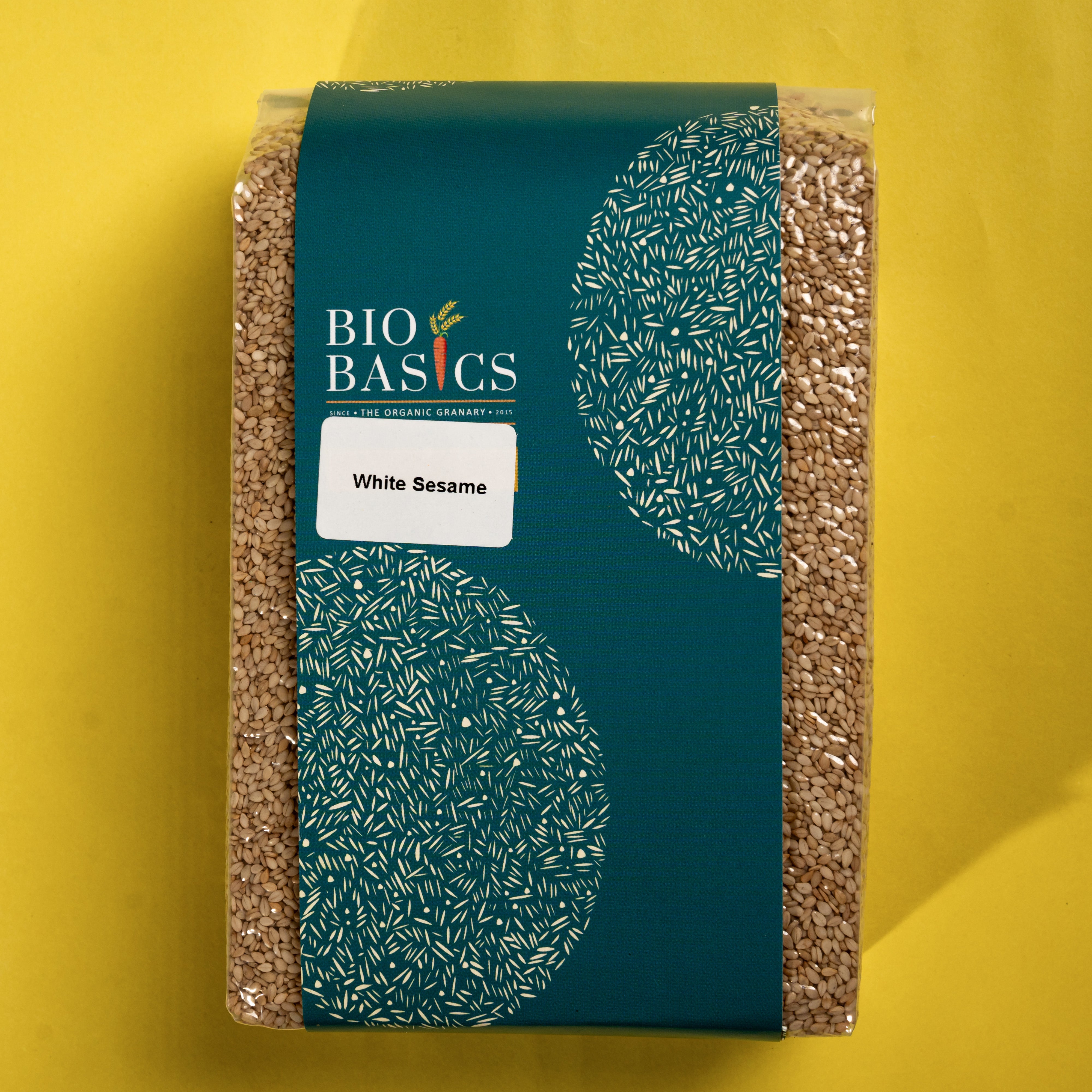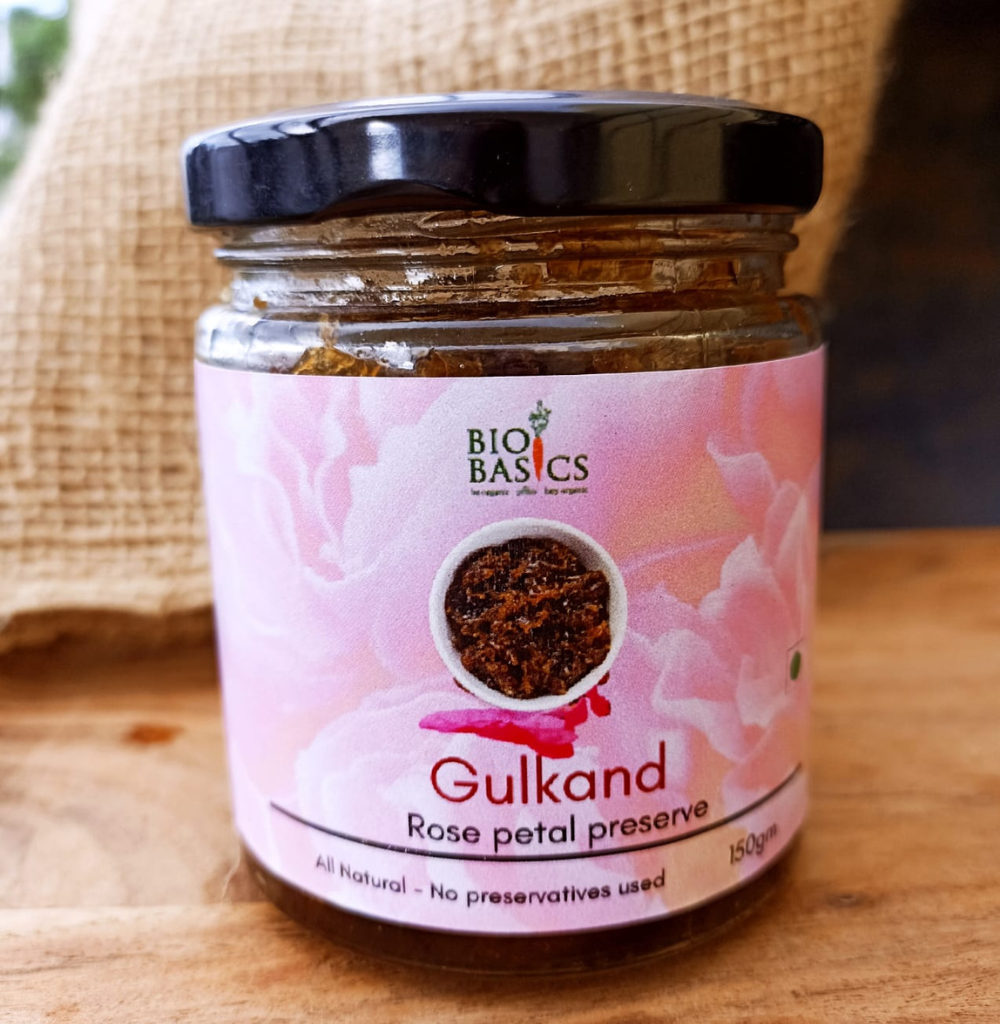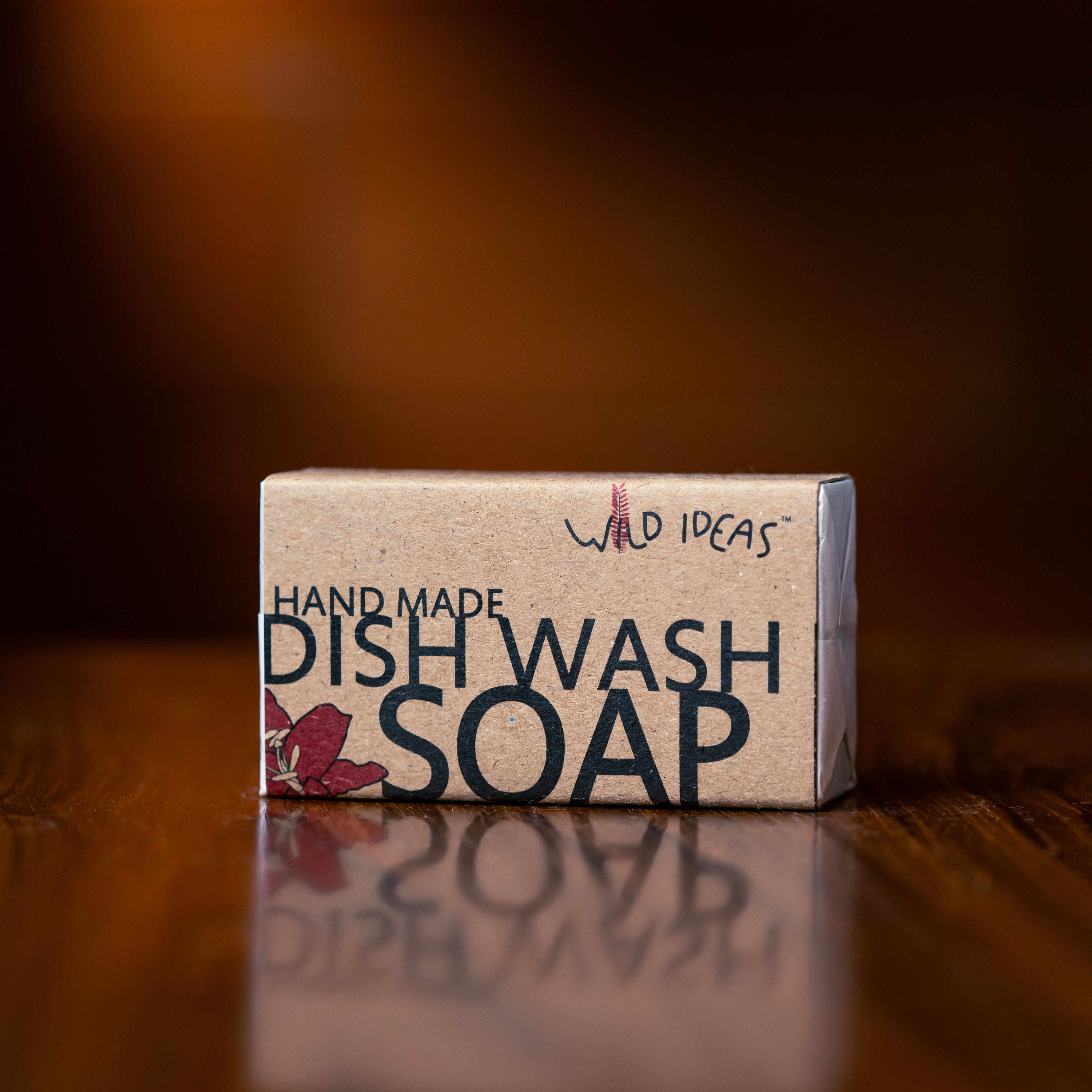
From among the 300+ students at PSG College of Arts & Sciences hearing me talk about safe food and good health, one hand went up. “Sir, are protein powders or supplements ok for us to consume?” Many ask the same question. Now the NIN has given its opinion discouraging the use of such items.
Here is my take, as a consumer with common sense.
Best NOT to see food in its components. Food is not just protein, carbs and fats. Food is holistic. Much more nuanced. Food is a product of nature, which is in itself holistic. Food is eaten by us who are also part of Nature. How food interacts with our bodies is also very nuanced. So why reduce food to only components we understand?

Especially, when our understanding is limited, and evolving even now. As Michael Pollan, author-professor on food and science, says, the science of nutrition is still very primitive. He says what we know about nutrition is what we knew about surgery in the 1650s. Knowing that, how many of us would be willing to go under the scalpel?
And we humans have been so wrong about food so many times in the past. There was a time when we ran scared of coconut oil, because folks quoted “science” to say that it has cholesterol, and therefore harmful to our hearts. But now, 2-3 decades later, coconut oil is sold as a panacea to a host of problems, because there are beneficial properties we discovered much later. Similarly, almonds were a strict no-no, and then we discovered it has Omega 3 and therefore beneficial.
Add to this “little knowledge” the problem of corruption in food. Sure, food companies, including us here at Bio Basics, promote their products. But when some of the companies use “pseudo-science” to sell their products, reality can get corrupted. And one cannot really tell the difference between science and pseudoscience. The proponents of Science have therefore lost their credibility over the years exactly for this reason.
So how can we deal with all this misinformation? Just the way we deal with fake news. Check it out for yourself. And here are some tips I follow to keep it all simple and intuitive.
1. Stick to basics: Choose raw ingredients, be it rice, flours, dals, spices, etc.. Know the provenance of the food you eat. Cook at home.

2. Be sceptical of food coming out of a factory. Avoid all kinds of processed foods - ranging from extruded cereals, snack bars, noodles, ready to eat items, including supplements, powders and such. A key learning from my days as a fund manager and bond trader is to buy the simple (financial products) and avoid the complex. Because you can see for yourself what has gone into the product, and not rely on others (especially the sellers) driven by commercial considerations.
3. Caveat Emptor, or Buyer Beware. Because there will always be muck on the road; we have to be wise enough to wear slippers & take care of ourselves! There is junk floating around in fancy packaging, so watch out!
4. Apply common sense. Ask questions. Find out more. Use your intelligence, but rely heavily on your wisdom. Ask yourself if what you eat today is time tested across decades, or are they new fads. As Pollan would say, eat what your grandparents can recognize as food.

Coming back to proteins, applying the above principles, my response to the student was an obvious NO!
So finally, to the question: where do I get my protein from?
I say, where your grandparents got it from.
Stick to Basics. Bio Basics.
